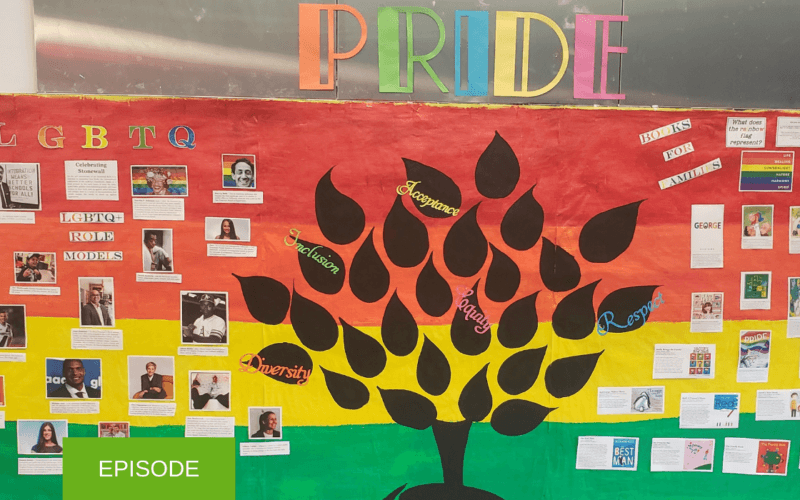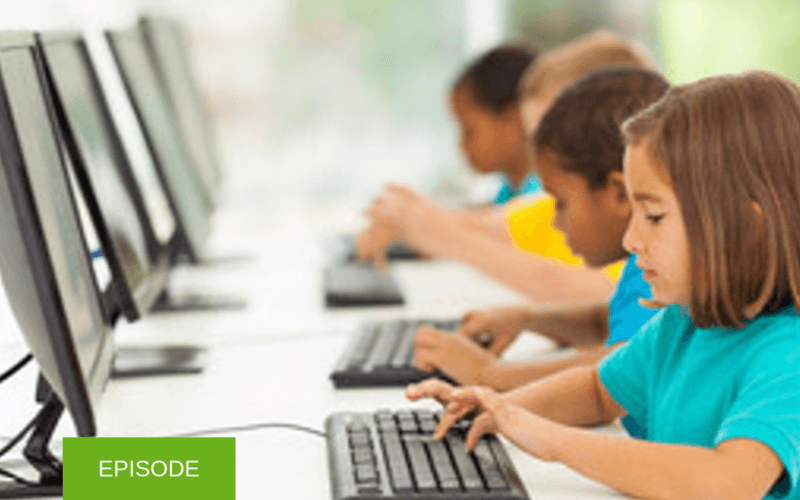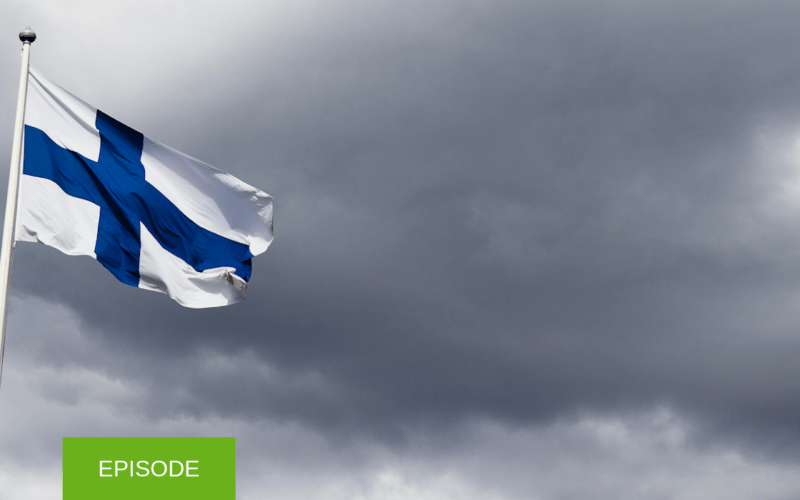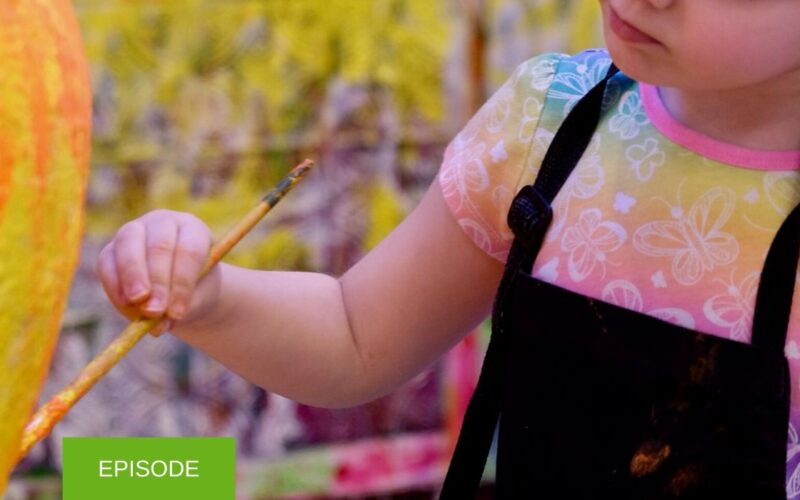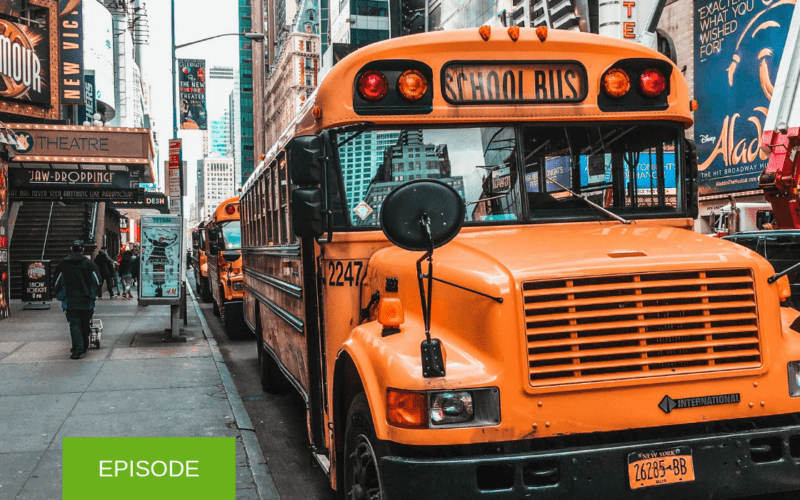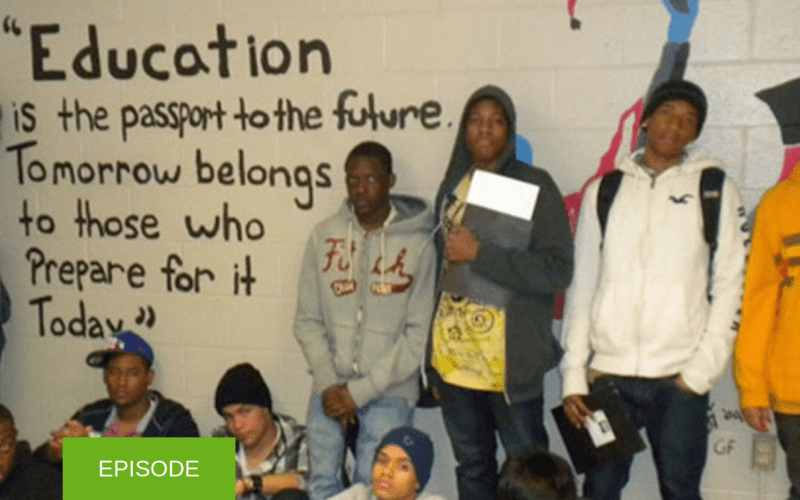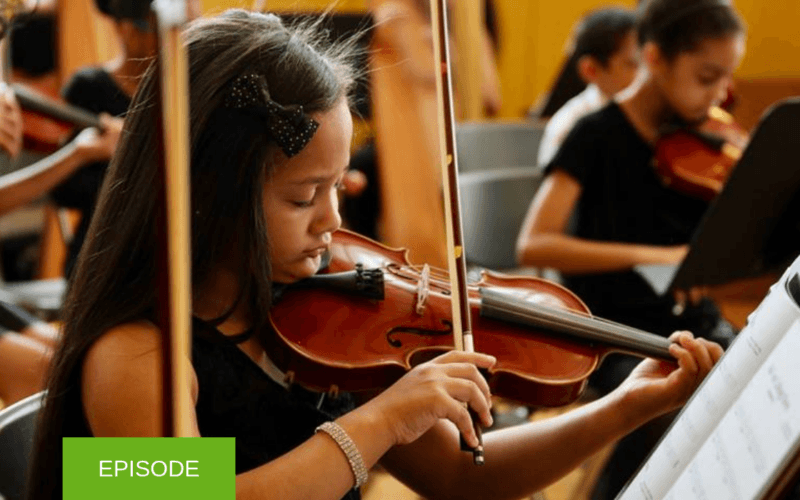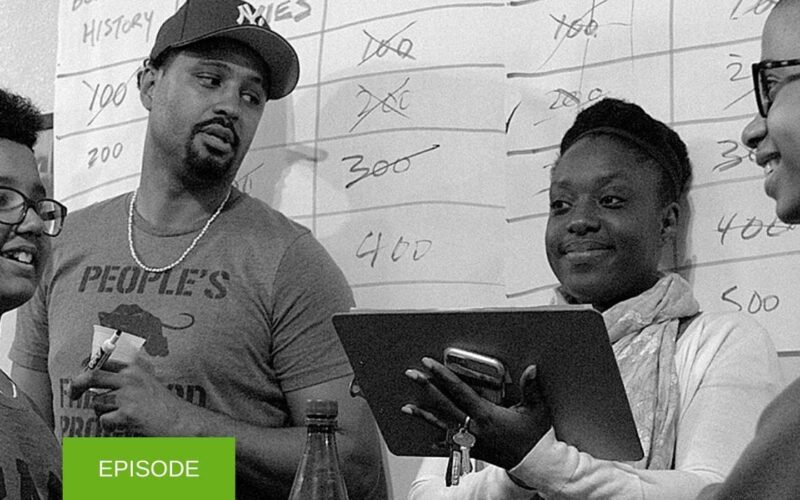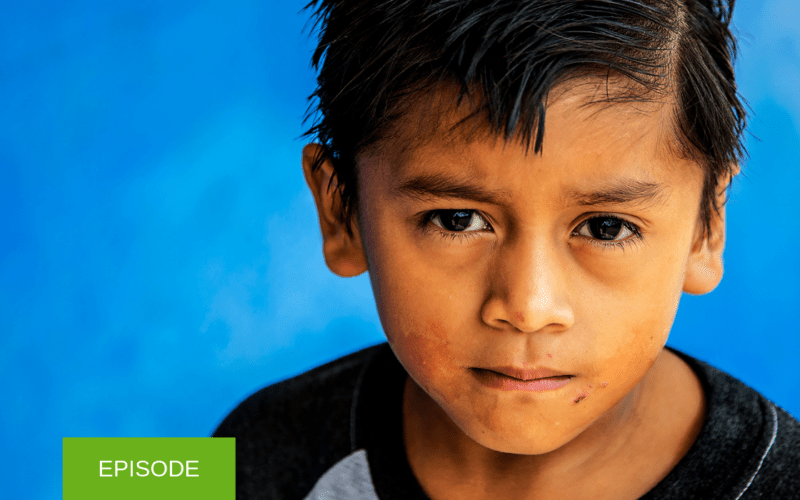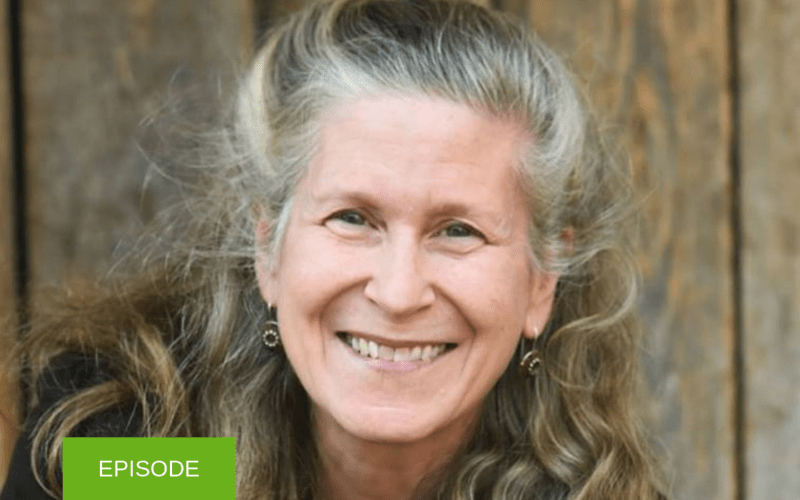Reframing masculinity: Stopping violence against women and girls
Quentin Walcott (“Q”), a leading NYC and international anti-violence educator and activist, creates programs that help transform men and boys — even batterers — into activists against violence. He focuses on the intersections of violence — race, class, and gender — and its impact on marginalized communities. Q is Co-Executive Director of CONNECT, a nonprofit that approaches domestic violence systemically and holistically, including in school- and after-school programs. CONNECT helps males reassess their perceptions of masculinity and fatherhood. While perpetrators need to be held accountable, so do institutions and public leaders.
Read More

